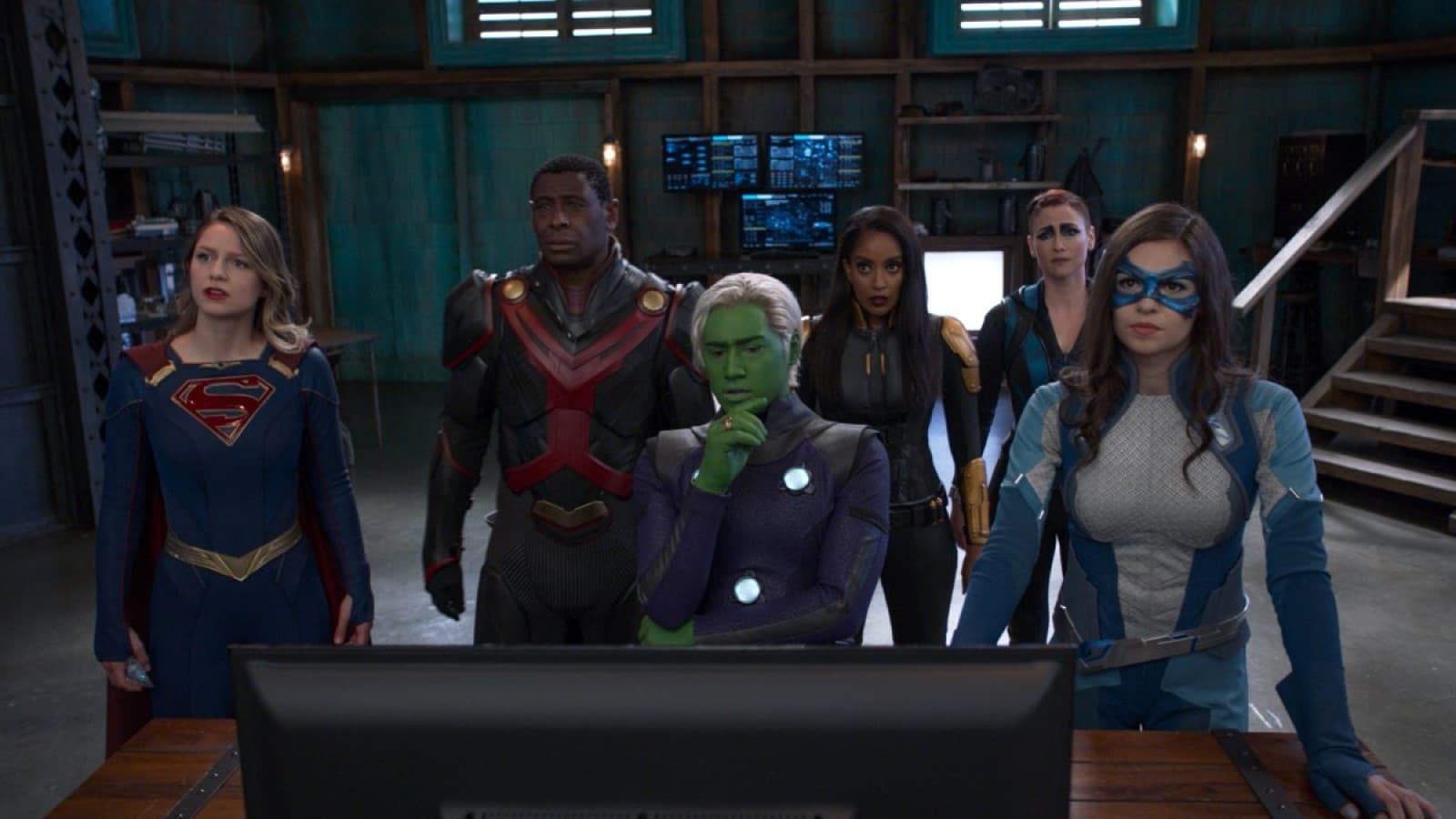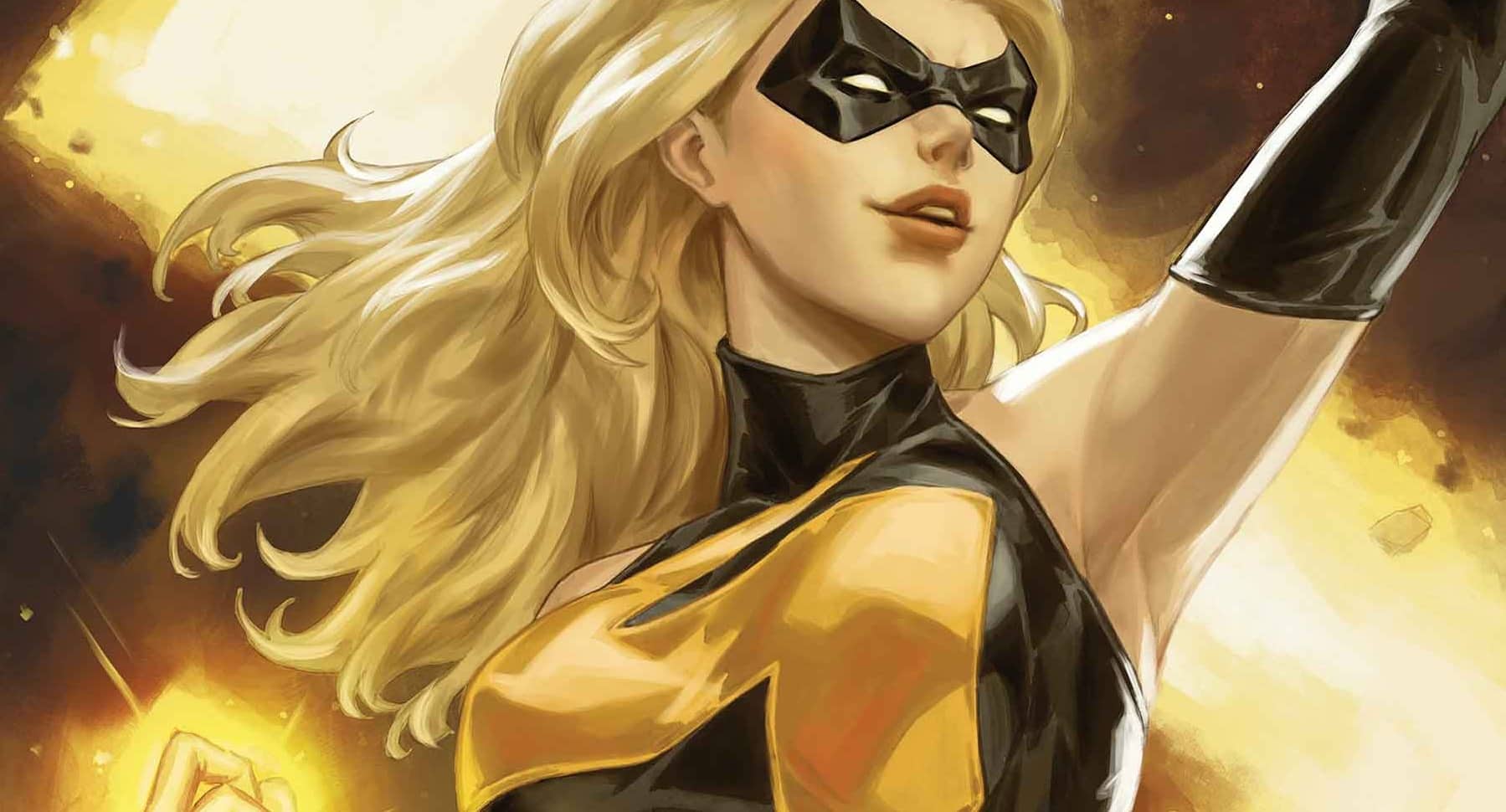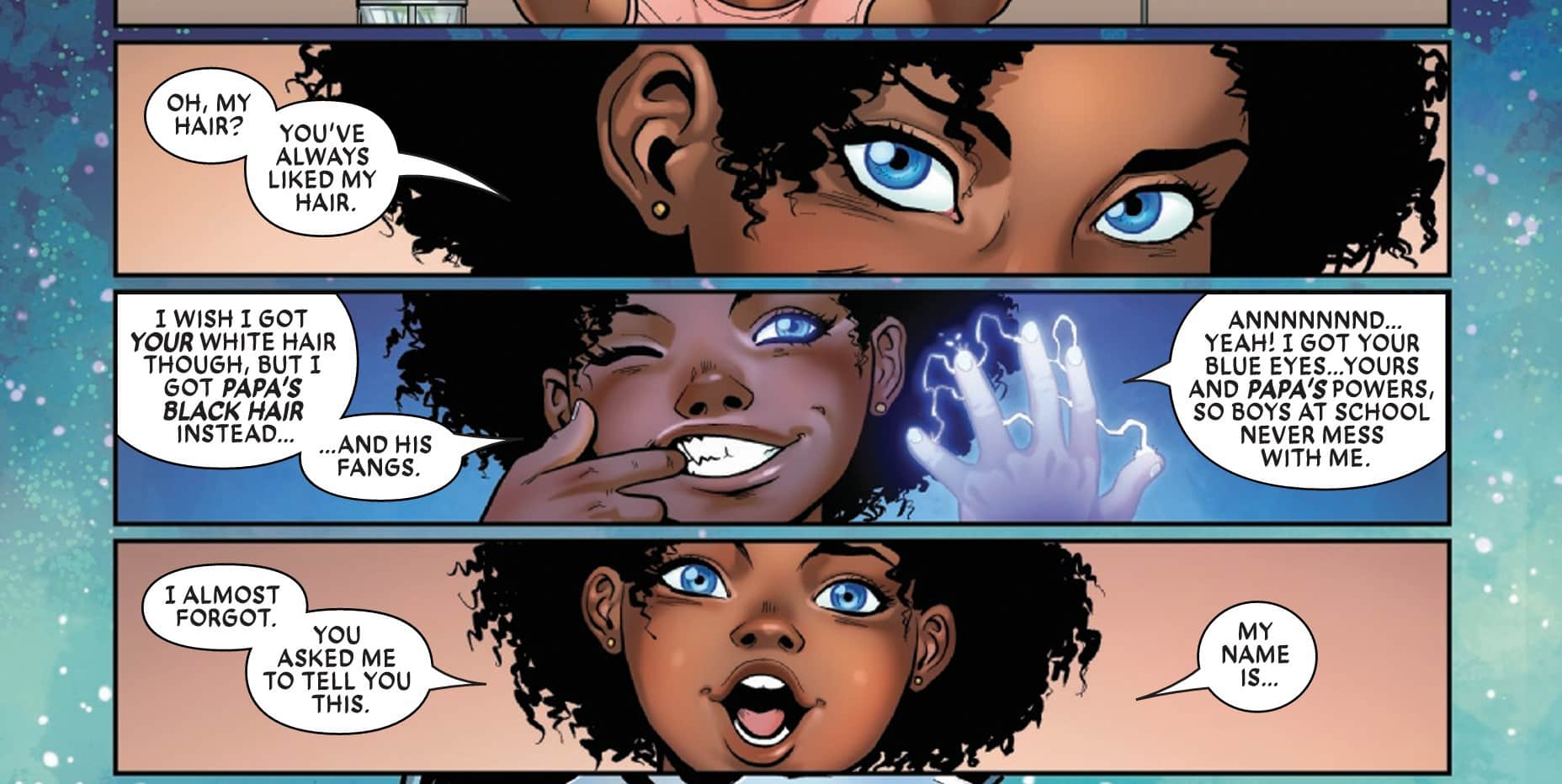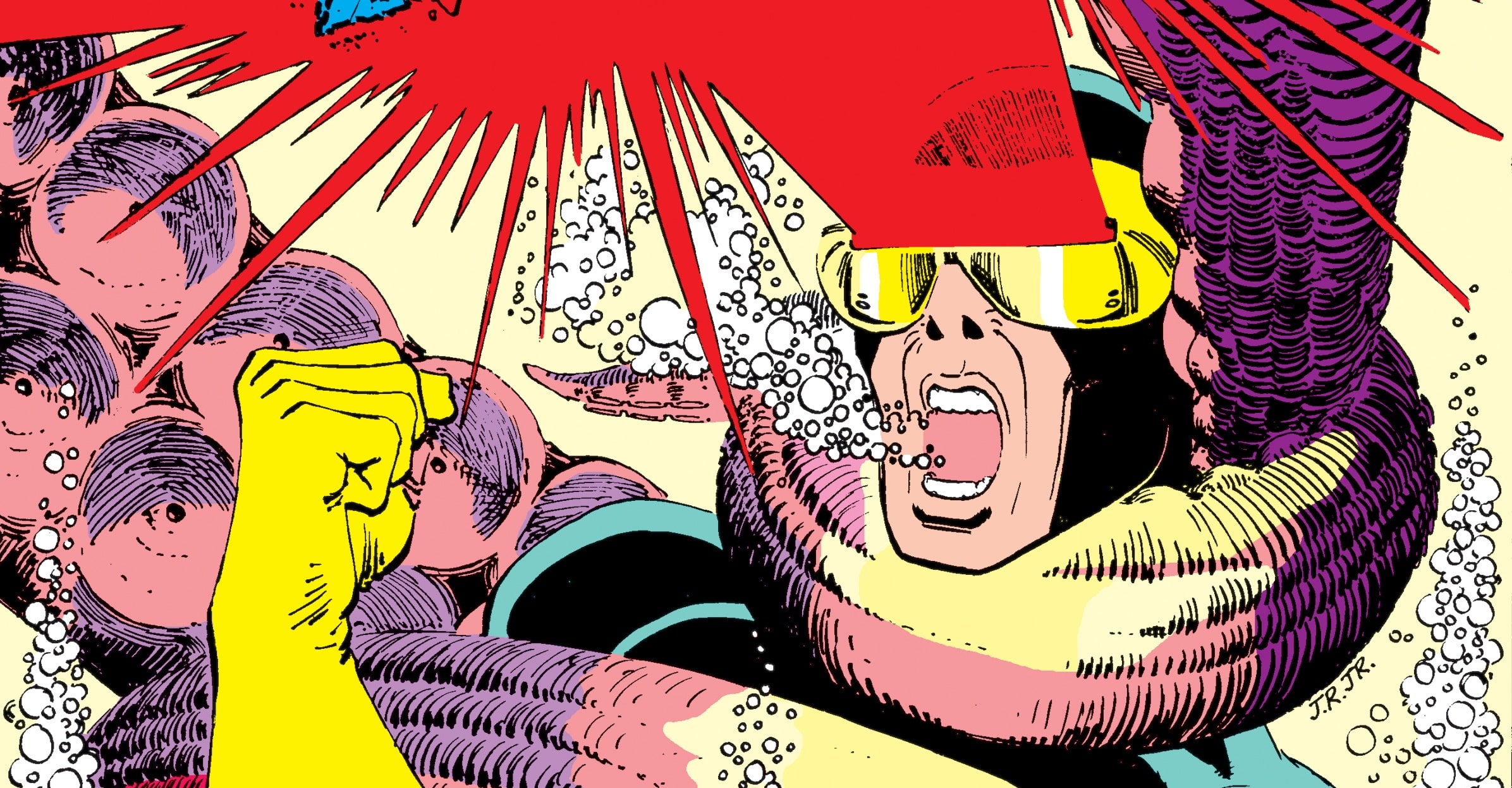The following first appeared in the ComicsXF newsletter. You can get early access to our editorials, a roundup of the week’s best content and get to know the members of the ComicsXFamily by subscribing right here.
In 1992, I discovered Superman. By proxy, I also found Supergirl, though at the time I discovered her, she wasn’t Superman’s cousin from Krypton, but was instead a protoplasmic being from another dimension. The first time I saw her, she got her face caved in by Doomsday, and became what looked like chewed-up grape gum.
Years later, I met Kara Zor-El. Much like her cousin, the first story I read of hers was the one in which she died. That story made me fall in love with her, and immediately see the things she stood for. She died so the multiverse could have hope. She died when she showed compassion. She died helping save all of reality. Over the years, I’d read hundreds more Supergirl stories, from the Silver Age to the Bronze Age, to the reintroduction of the character by Jeph Loeb. She became my favorite character, not just in comics, but in all media.
Cut to 2014, and Warner Bros. announces they’re developing a TV show based on the character, with CBS quickly ordering a pilot. I was a little leary at first, as in 2014 the Supergirl in comics was not the same one Marv Wolfman and Sterling Gates made me fall in love with. The Supergirl of the early 2010s went in a direction that left me, a longtime fan, jaded and sad. Sadly, an all too common thing for the Maiden of Might.
My fears evaporated when they released the longform, six-minute trailer and there was the Kara I had fallen in love with. Shortly after that, the full pilot leaked, and I can’t say that I didn’t watch it. That doesn’t mean I didn’t watch it when it came out, but it did mean I didn’t get a new experience until the second week of the show. That first season was magical. Melissa Benoist captured every ounce of what I loved about Kara Zor-El, and many of my favorite episodes spawn from that season.
Episode seven, though? That one’s special. In 2016, after the presidential election, I was feeling helpless and hopeless, and I rewatched “Human for a Day.” My spirits were restored by a Supergirl who was also feeling helpless in the face of something scary. Supergirl gave me the power to pull myself up, and more importantly, she inspired me to write. I wrote a blog that night (in Facebook Notes), and that blog captured the eye of a friend who wrote for Women Write About Comics, and she convinced me to pitch it to Claire Napier. I owe Supergirl my career, and the two are forever intertwined.
Supergirl was also there for the two biggest moments of my writing career thus far. In 2018, I covered the Supergirl press room and got to break the news that Nicole Maines had been cast as Dreamer, the first transgender superhero on television. I cried several times that day, once in the bathroom of the Bayfront Hilton before the event, once when Mehcad Brooks asked me how it made me feel to be able to see myself as a superhero and several times throughout the rest of the day as I recapped the story to friends and family. I still cry thinking about that day.
A year later, I got to cover the press room again. We didn’t know it at the time, but we were covering the final Supergirl press room, since the pandemic prevented consecutive Comic-Cons. This time I actually had the chance to interview the woman who had brought representation to me and so many others, and it’s another interview I cherish.
So here we are, six seasons later, with a show that saw a Dansen endgame, but not the one that was hinted at in the first season. A show that brought live action versions of “For the Man Who Has Everything” and “Red Son,” but from a Supergirl-centric point of view. A show that gave us a Kara Zor-El who truly embodied “hope, help and compassion for all.” There have been ups and downs, and for a six-season show, that’s really to be expected. I said at the end of the first season — when we still didn’t know if the show would get a second — that a single season gave me more of my favorite character than a series of movies ever could. A single season of television gave me 14 hours focused on Supergirl, which is about six feature movies’ worth of content.
Instead, we got six seasons — 126 episodes — not to mention her appearances in crossovers like Invasion!, Elseworlds and Crisis on Infinite Earths. So almost 90 hours later, here we are saying farewell. Season six was fraught, between COVID delays and a plot that made little sense and had to work very hard to keep viewers’ interests. I wish the final season was stronger, but that’s a common thing when a show has gone on this long.
As I watched the finale, I asked myself why it wasn’t clicking with me, and then, suddenly it did again. The first hour was not quite what I wanted, and the climactic fight was rushed and didn’t actually rely on Kara to be the hero, but rather on the villains self-destructing. Coupled with the way Kara had been portrayed for much of the season, I was bracing for a letdown.
But then something magical happened (and not Fifth Dimension magic, real magic). Cat Grant was back. Instantly, the show felt like the one I fell in love with six years ago again. That last 40 minutes of the finale reminded me of everything I felt in 2015 when I would watch each episode several times each week while impatiently waiting for the next. The last bit of the finale was a goodbye tour that gave us great moments between Kara and all of her supporting cast, the moments that made the show. It gave the characters happy endings, while leaving the door open for new horizons. Supergirl is over, but her story goes on.
Despite my feelings on the final season, I’m going to miss this show. It’s been a huge part of my life for most of the last decade, and it feels like a chapter of my own story is coming to an end with it. So thank you to Supergirl, to Melissa Benoist, to Nicole Maines, to Chyler Leigh, to Derek Simon, to Eric Carrasco, to Sterling Gates. Thank you all for changing my life and inspiring me to be a better person.
Yes, it's Cori McCreery—strange visitor from DC fandom who came to Xavier Files with powers and abilities far beyond those of mortal critics. Cori, who can leap tall buildings in a single bound, race a speeding bullet to its target, bend steel in her bare hands, and who, also works as an editor for a great Eisner winning website, Women Write About Comics, fights a never-ending battle for truth and justice.






